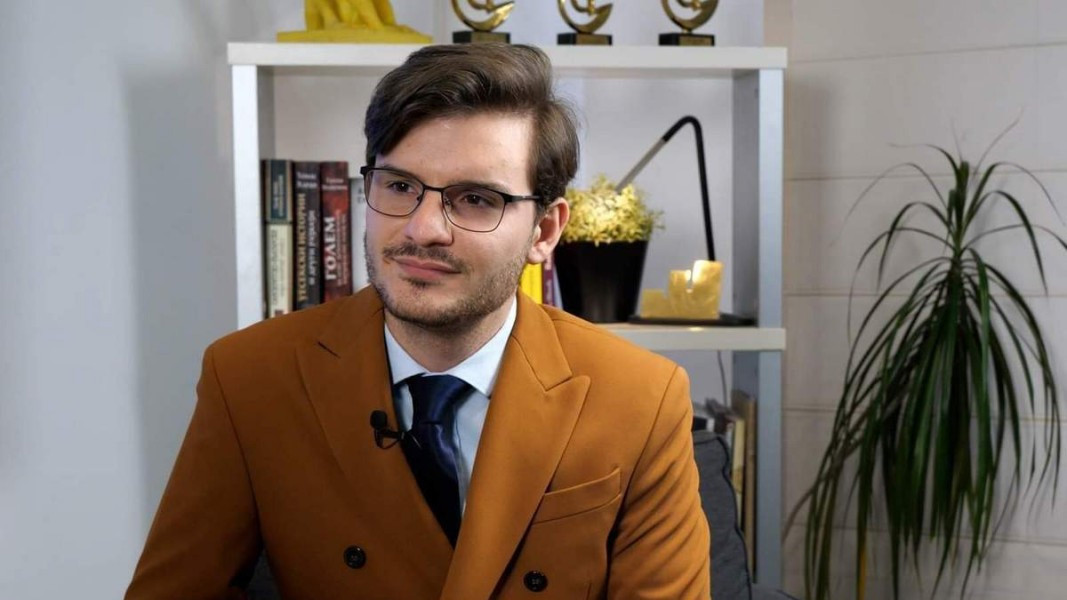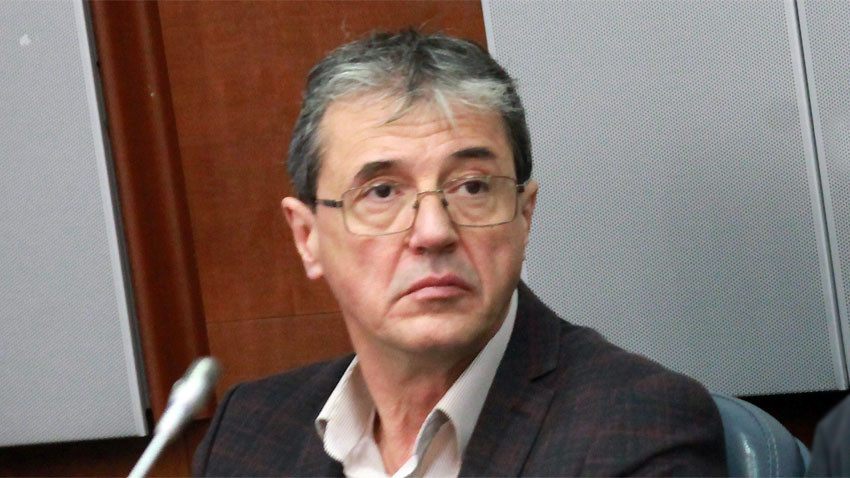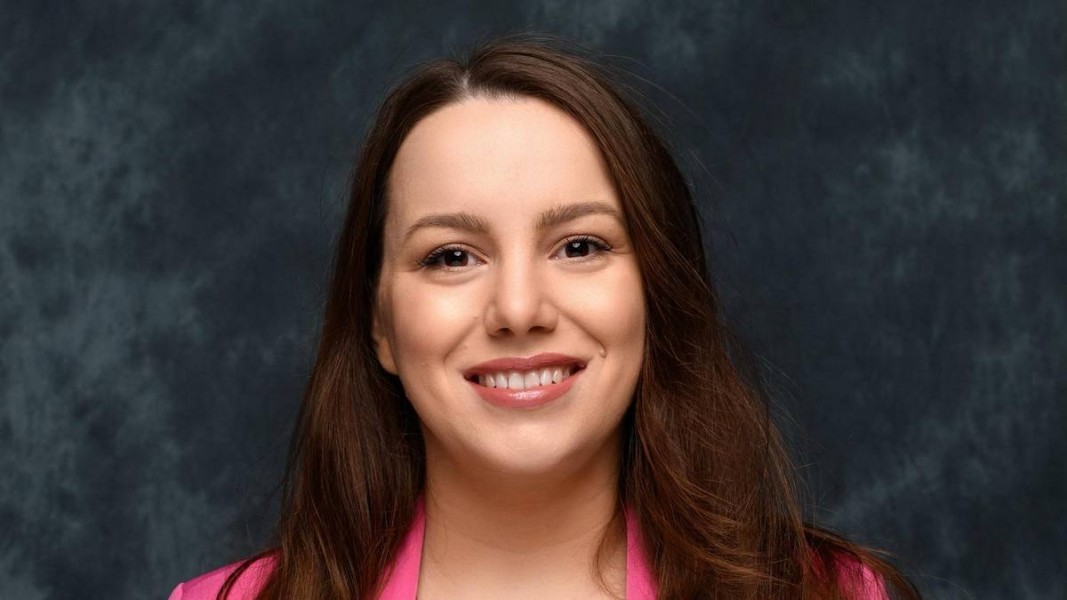Whether the analysts predicting a record-low turnout will be proved true is something we are going to find out at the end of today’s voting. For the fourth time in less than two years Bulgarians are going to the polls to choose a political representation that is adequate to the situation in the country. The complex geopolitical situation places an additional burden on voters, wearied as they are already by the never-ending crises and elections.

“The campaign was apathetic, and the messages conveyed by the parties are not adequate to the situation. That is why the fundamental question is the question of the trust in the institutions and in the political system as a whole,” says political analyst Atanas Radev in an interview with the BNR’s Horizont channel. In his words, politicians have not been able to conduct a substantive debate of ideas, concepts and strategic priorities. “I am not optimistic about voter turnout, seeing what the campaign as a whole is like,” he adds.
Today’s election was preceded by a dull election campaign, in which voters found it difficult to pick out any rational ideas for the resolution of the economic and the gas crisis as the winter months approach. Voters do not seem to be very enthusiastic, and that is only logical. “The trouble is there is no idea that can infuse enthusiasm into the public,” says political analyst Prof. Antony Todorov. In a situation like this vote-buying could sway the election.

“This is a problem that goes back a long time. Unfortunately, we often focus more on the people selling their votes than on the people who are out there buying them. This web has to be untangled. Because often there are people who are desperate, people who, knowing nobody is going to do anything for them, sell their vote. But the most dangerous people are the vote-brokers. It looks like the police are doing quite a lot, as they did during the previous election, but until an effort is made to cleanse politics of this counter-productive market logic, which puts people in parliament who are not there to do any politics but to do business for their own benefit, the buying and selling of votes will continue.”
It is important who comes first in today’s election but “there is another question that is more important – who would be capable of forming a government majority,” the political scientist says.
“Parties have an obligation to create a functioning parliament, to form a government, but at this point it all hangs in the balance, unfortunately,” says political analyst Maraya Tsvetkova in an interview with BNR-Vidin. She says she is hoping the turnout will not be low:

“My hope is fizzling away because they have been unable to mobilize citizens in the way they should have. People have lost faith. And political analysts, like myself, are finding it more and more difficult to motivate them to go out and vote.”
A complex situation in which responsibility once again lies with the voters, who have been wavering back and forth in search of “salvation”. Social surveys on the eve of election day register voters’ growing concerns about their personal wellbeing, with 6t1% saying that next year the situation is going to grow worse. Alongside these worries, people are also expressing concern over the war, with 40% voicing fears of the breakout of a world war in the next two years. Whether these fears will make people hunker down at home today, or will motivate them to go to the polls is something we are going to find out in the coming hours.
Interviews by Horizont channel and Radio Vidin, BNR

Editing by Elena Karkalanova
Photos: BGNES (library)Another peak in tensions between Sofia and Skopje. The reason is the upcoming vote on June 4 in the European Parliament Committee on Foreign Affairs on a declaration regarding the progress of the Republic of North Macedonia in its integration..
Euro-subsidies scandal rocks Greece The Greek government has announced it will close down the Payment and Control Agency for Guidance and Guarantee Community Aid (OPEKEPE), the organization handling the payment of the EU's Common Agricultural..
Delian Peevski, leader of the DPS–New Beginning party, met with Dzhevdet Chakarov, chairman of the Democracy, Rights and Freedoms parliamentary group DPS–DPS (aligned with Ahmed Dogan) . During an in-depth discussion, the two agreed that “the page of..
Greece temporarily closes route for migrants from North Africa Greece is suspending for 3 months asylum applications from..
"There was definitely more tension in this session of the European Parliament." This was commented by Angelina Piskova, BNR correspondent for the..

+359 2 9336 661
